#Regulations
Judge Approves Daimler AG's $1.5 Billion Diesel Emissions Settlement
On Tuesday, a federal judge approved a $1.5 billion settlement to pump the brakes on an investigation conducted by the U.S. government pursuing claims that Daimler used illicit software that allowed excess diesel emissions on 250,000 units. This runs in tandem with another $700 million settlement the automaker is making with vehicle owners, which is likely to see final approval in a few months, and an extensive recall campaign.
The federal case involves the U.S. Justice Department, the California Air Resources Board, and follows a trend of fines for automakers accused of misleading regulators so that diesel vehicles could continue being sold. This kicked off with Volkswagen’s Dieselgate in 2015, with numerous government probes taking place in Europe and North America over the next five years. Many automakers have since been discouraged from relying on diesel powertrains due to rising regulatory actions. European countries that once championed the fuel as ecologically preferable to gasoline, after the advent of biodiesels, are now obsessed with tamping down NOx emissions and getting more electric vehicles onto the road.
European Auto Lobby Demands More EV Charging Stations for Hundredth Time
The European Automobile Manufacturers’ Association (ACEA) is demanding the EU install more electric vehicle charging stations in a letter co-signed with Transport & Environment (T&E) and the European Consumer Organization (BEUC). This marks the hundredth time (rough estimate) an auto lobbying entity has tried to pressure the government into spending a fortune to drastically alter the European infrastructure to support the planned glut of EVs.
But it might be a fair request. Regulatory actions have effectively forced the industry into a corner and it now seems giddy at the prospect of an electrified world. The only real downside is that the charging infrastructure and power grids aren’t ready. ACEA estimates that the EU will need to build one million public charging points by 2024, with hopes of seeing three million installed before 2030.
Let’s see how feasible that is before it’s tried in our neck of the woods.
Replica Car Sales Ruled Okay
Low-volume manufacturers may now sell replicas of cars made at least 25 years ago. At long last, The National Highway Transportation Safety Administration (NHTSA) has completed regulations to allow specialty car makers to produce and sell completed, turnkey cars.
Automotive Alliance Manages to Delay Revised Massachusetts Right to Repair Law
The Alliance for Automotive Innovation (AAI) has managed to stall enforcement of a ballot measure recently passed in Massachusetts that expands access to data related to vehicle maintenance and repair. Last week, the relatively new lobbying/trade group asked a U.S. district court for a temporary order that would bar implementation of the state’s new right-to-repair rules aimed at giving vehicle owners more direct control of their private data and independent repair shops a fighting chance of staying in business. But the state’s attorney general has already decided that the rules are invalid until after federal cases have been decided.
The decision represents another victory for giant, multinational corporations at the expense of disgusting citizens interested in controlling their personal information and small business owners who have had it easy for far too long.
German Auto Lobby Wants Biden to Eliminate U.S. Trade Restrictions
Germany is eager to see the United States abolish trade barriers implemented by President Donald Trump now that it looks like Joe Biden has won the 2020 election. While that could all be undone by the sudden influx of legal actions taken by the Trump campaign as presumptive evidence of election impropriety streams in, Germany would still like to get the ball rolling on trade with the Democrats.
The nation’s automotive industry is petitioning leadership in the U.S. and European Union to align technical/regulatory standards and minimize the existing trade barriers. The German Association of the Automotive Industry (Verband der Automobilindustrie) or VDA has already endorsed the proposal with the lobby group’s president confirming its position in a recent webcast hosted by the Frankfurt business media club ICFW (Internationale Club Frankfurter Wirtschaftsjournalisten).
Massachusetts Passes Right-To-Repair Protections
Independent repair shops and aftermarket parts retailers have been pitted against major automakers and their dealer networks in Massachusetts for years. The state has served as the primary battleground for right-to-repair legislation that would permit/prohibit customers and independent entities from working on or modifying vehicles. However, a major victory came on Tuesday after voters overwhelmingly approved a ballot measure updating existing right-to-repair laws to give vehicle owners and small shops better access to vehicle data typically reserved for industry giants.
The resulting decision gives consumers substantially more control over what’s done with the data being harvested by the industry (often without their knowledge) and frees up their options on who to go to when their vehicle needs fixing.
Jaguar Land Rover Prepares to Pay $118 Million in Emissions Fines
Jaguar Land Rover is putting 90 million pounds ($118 million) into its rainy day fund in case it’s fined by the European Union for failing to meet CO2 emission-reduction targets. Delays in launching plug-in hybrid models, stalled by WLTP efficiency estimates that didn’t quite reach a best-case scenario, have left the automaker above the allotted EU fleet average of 95 grams per kilometer.
“We are not happy that we will not be compliant in 2020, but a lot of that has been taken out of our hands,” JLR CFO Adrian Mardell said during Tuesday’s quarterly earnings call with investors.
Facing Emission Fines, Ford Becomes Ravenous for Carbon Credits
Ford is joining the lengthening list of automakers that cannot adhere to European emissions mandates this year and is pursuing the popular option of simply buying carbon credits from rivals who managed to sell more than a few electrified vehicles.
Under the EU rules, manufacturers can “earn” carbon credits by selling more EVs. But legacy automakers were hamstrung all year by the pandemic and Ford is on the hook for a recall of its Kuga (Escape) PHEV. The Blue Oval recalled almost 21,000 examples of the plug-in hybrid in August, asking owners not to drive the crossover in its electric-only mode and to avoid charging the battery. While alarming in its own right, Ford said the recall effectively makes it impossible for it to meet 2020 EU emission quotas. It is now seeking partners for an “open emissions pool” and is hardly the only manufacturer doing this.
California Moves to Ban Sale of New Gas Cars by 2035
California governor Gavin Newsom has signed an executive order that will ban the sale of new cars that are gasoline-powered, beginning in the year 2035.
“This is the most impactful step our state can take to fight climate change,” Newsom said in a statement. “For too many decades, we have allowed cars to pollute the air that our children and families breathe. You deserve to have a car that doesn’t give your kids asthma… Cars shouldn’t melt glaciers or raise sea levels threatening our cherished beaches and coastlines.”
Lyft Promises to Swap Exclusively to EVs by Bullying Everyone
On Wednesday, ride-hailing company Lyft announced every vehicle using its platform will be electric by 2030. Since its fleet is comprised primarily of contractors using private vehicles, one might assume the company is planning to offer some financial assistance upon their next purchase. But being sensible rarely means being correct in the postmodern era.
Rather than encouraging its own drivers to make the switch, Lyft plans to work with NGOs, lawmakers, and pressure its industry rivals to make electrification mainstream. Obviously, this will include financial incentives for organizations willing to make the switch to EVs in exchange for a fat wad of cash. That’s what you’re now supposed to focus on. Ignore that Lyft’s announcement literally offers no personal commitment and passes every scrap of responsibility it pretends to be taking on to the government.
Lyft is trying to play the hero, and thinking about it too hard is going to muck everything up.
Japan Tweaks Rules Regarding Foreign Investments
Japan released a list of companies subject to new foreign-ownership rules on Friday, with automakers included in the document. The adjustment influences how outside investment will be handled in regard to business sectors crucial to national security by the nation’s Ministry of Finance.
Foreign outfits buying a stake of 1 percent (or more) in Japanese companies will now face a pre-screening process to ensure they’re not a threat. The old benchmark for such action was set at a substantially higher 10 percent.
While the language used in the document isn’t targeted and largely pertains to additional scrutiny in the general sense, this has everything to do with China. It also mimics measures taken in the United States and Europe to avoid further instances of intellectual property theft (or simply having sensitive information leaked to the Chinese Communist Party). It’s still risky, however, as about a third of Japanese stock is owned by investors from outside its borders. Meanwhile, the nation is hoping to ramp up investment to boost its economy.
Lucky Break: All Northern Ireland Car Owners Get a Pass on Safety Tests After Test Centers Deemed…Unsafe
Northern Ireland has called off all mandated MoT inspections of passenger vehicles after it discovered that its state-run test centers are in worse condition than many of the cars undergoing testing.
It’s a black eye for the Driver & Vehicle Agency, the body tasked with ensuring vehicles meet road safety and environmental standards, but it’s a lucky reprieve for drivers fearing an upcoming test. DVA boss Paul Duffy called the situation “hugely embarrassing.”
Dastardly Diesels: Suzuki and Jeep Busted Breaking EU Emissions Rules
While Volkswagen remains the industrial face of diesel-related scandals, it’s just one of many automakers fingered for emissions cheating. VW was simply the first to be dragged through the coals, and its great shame encouraged governments around the world to launch investigations into whether or not other manufacturers are guilty of similarly uncouth behavior.
Dutch road authority RDW has a problem with diesel models produced by Jeep and Suzuki. While Europe has fallen out of love with the diesel of late, the accusations are a little worse than simply falling to adhere to EU emission standards. RDW says the two automakers used “prohibited emissions strategies” that allowed vehicles to emit higher levels of nitrogen oxide (NOx) on the road than during testing conditions.
One Less Market for the Internet's Favorite Vehicle?
You’re right — there’s no way we can determine with any certainty what the internet’s actual favorite ride is, but the amount of lust poured out over the unattainable Suzuki Jimny is noteworthy. People love this little Japanese box, even if its short wheelbase and solid axles add up to a ride most wouldn’t want to live with on a daily basis.
Not available to North American consumers, it looks like the wee Jimny will soon bow out of another significant market. Blame the environment.
UK Parliament Committee Wants to Ban All Private Cars and Trucks by 2050
If you’re any kind of a car enthusiast, or you just think the personal automobile is a terrific transportation device, this news has got to be chilling. The cross-party Science and Technology Select Committee of Parliament has issued a report that says that if the United Kingdom is to reach its goal of becoming carbon neutral by 2050, private automobile and truck ownership must end.
Oh, and if you think your morally pure Tesla or some other EV is going to protect your privilege for personal transportation, no, the environmental Jacobins are coming for all privately operated motor vehicles.



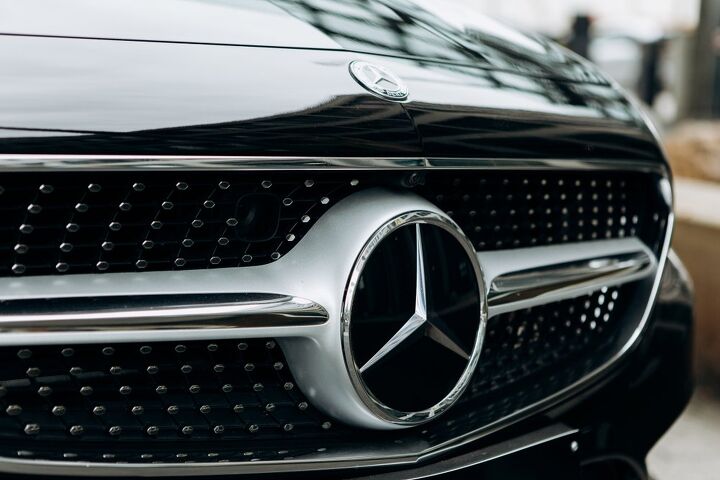

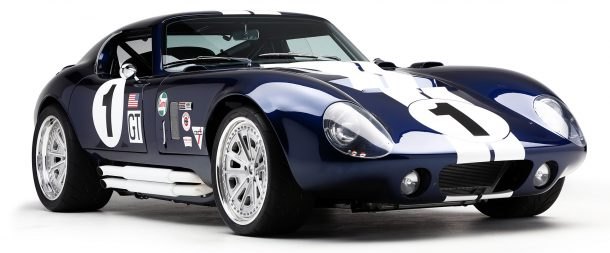


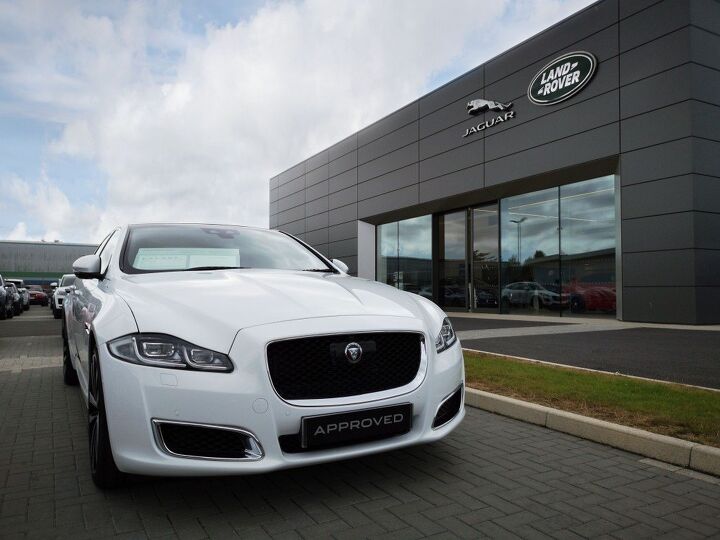
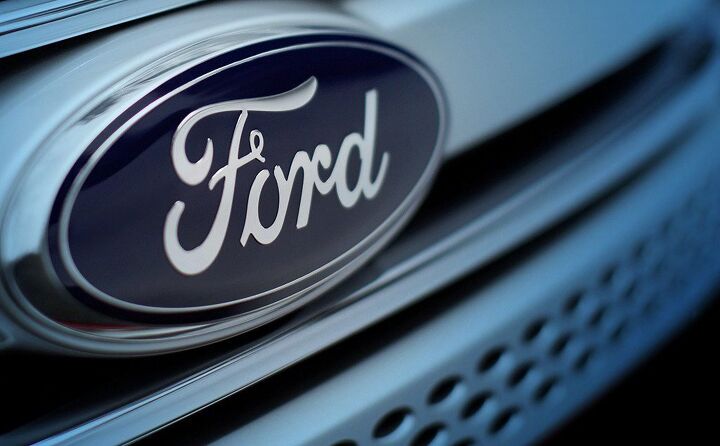
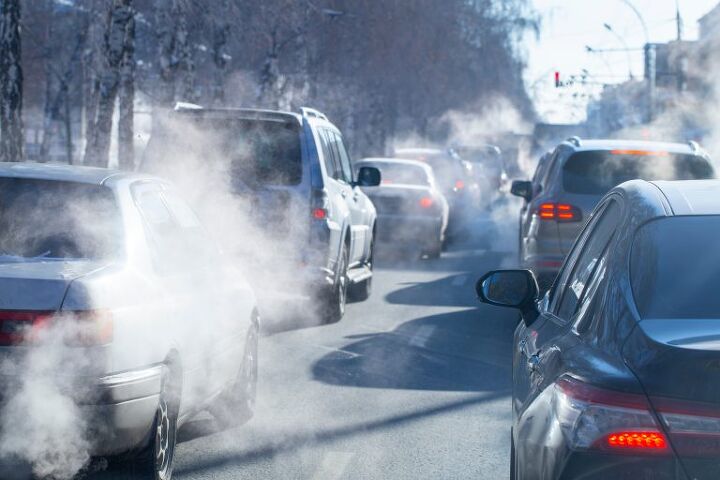




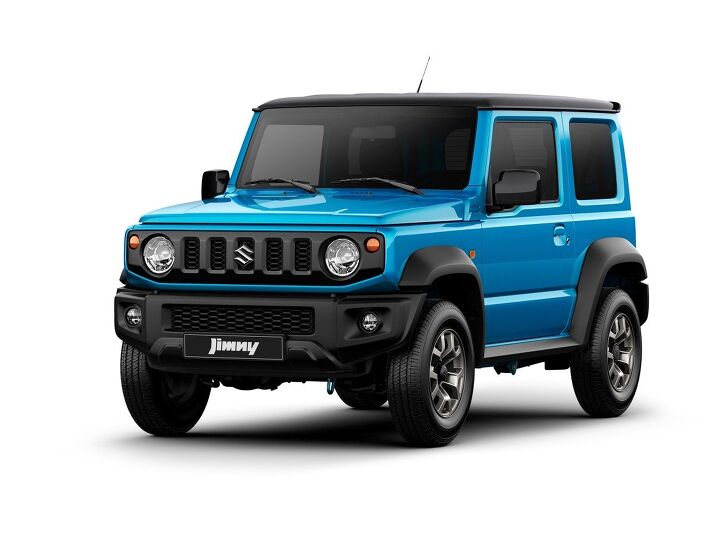
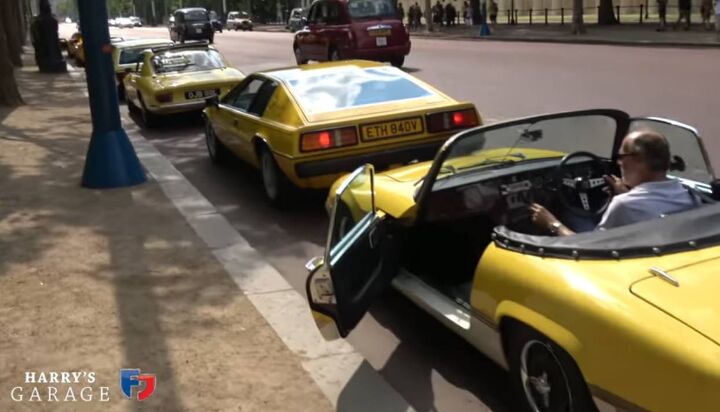












Recent Comments